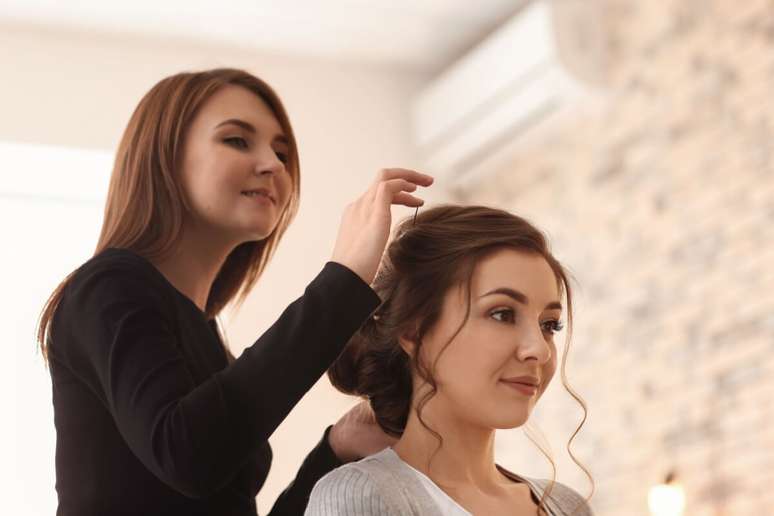Sometimes dancing changes lives. Yulia Telia told VOICE how it happened, who accidentally started dancing salsa, a few years later she was already teaching and traveling with master classes around the country, learned Spanish, visited Cuba, opened a school, closed a school, organized several festivals, changed outside, and even more inside.
I entered university in 2000, when the fear of lack of money, which permeated everything in the 90s, formed a firm conviction: if you have at least some abilities, you should go to “monetary” specialties. So I first ended up studying law, then I defended my thesis on a subject that only made me yawn, then I ended up in financial law and understood that it would no longer be interesting.
It was not perceived as a tragedy, because “it is the case for everyone.” I read tons of science fiction and fantasy, I hung out with reenactors, and sometimes I traveled abroad, each time returning immersed in my thoughts. It was clear that I wanted to live completely differently, but for some reason it seemed to me that it was impossible to change what was.
I am writing this text from a café, through whose window you can see the Mediterranean Sea, and in which salsa music is playing, which does not suit the style of the establishment at all. It was with salsa that the path began, thanks to which I have lived in Spain for four years, officially not a lawyer for eleven years, and for eighteen years I have been answering the question “Do you dance?”
How to pack…
My friend and I, two twenty-year-old students, ended up in this bar by accident – we didn’t pass the facial control at the club we were going to and went to the first place we came across to have fun. Conventional Latin American music was playing and I was stuck on the dance floor until morning. Neither my height of 180, nor my obvious lack of skills bothered anyone. They spun me around, put me in beautiful supports and showered me with compliments. I liked the atmosphere so much that I started going to the bar almost every day.
ADVERTISEMENT – CONTINUED BELOW
A few months later, new dancing acquaintances started taking me to salsa parties, which was a pretty painful blow to my self-esteem. It became clear that I didn’t know how to dance, and only Latinos invited me for my pretty eyes, and even then not all of them. I realized that “on my own” doesn’t work and that I have to go learn. I discovered the school by asking some of the best dancers where they had trained.
A few years later, I was asked for the first time why I didn’t teach salsa. “Really,” I thought, and I opened a school, hired Cuban instructors, and began to grow rapidly. The studio existed for a year, annoying me with administrative problems and the specific Cuban vision of obligations. But in the process, I realized that I just wanted to teach: give me a mirror, a room, people, and go away! So I already started working in dance, without stopping working as a financial analyst.









